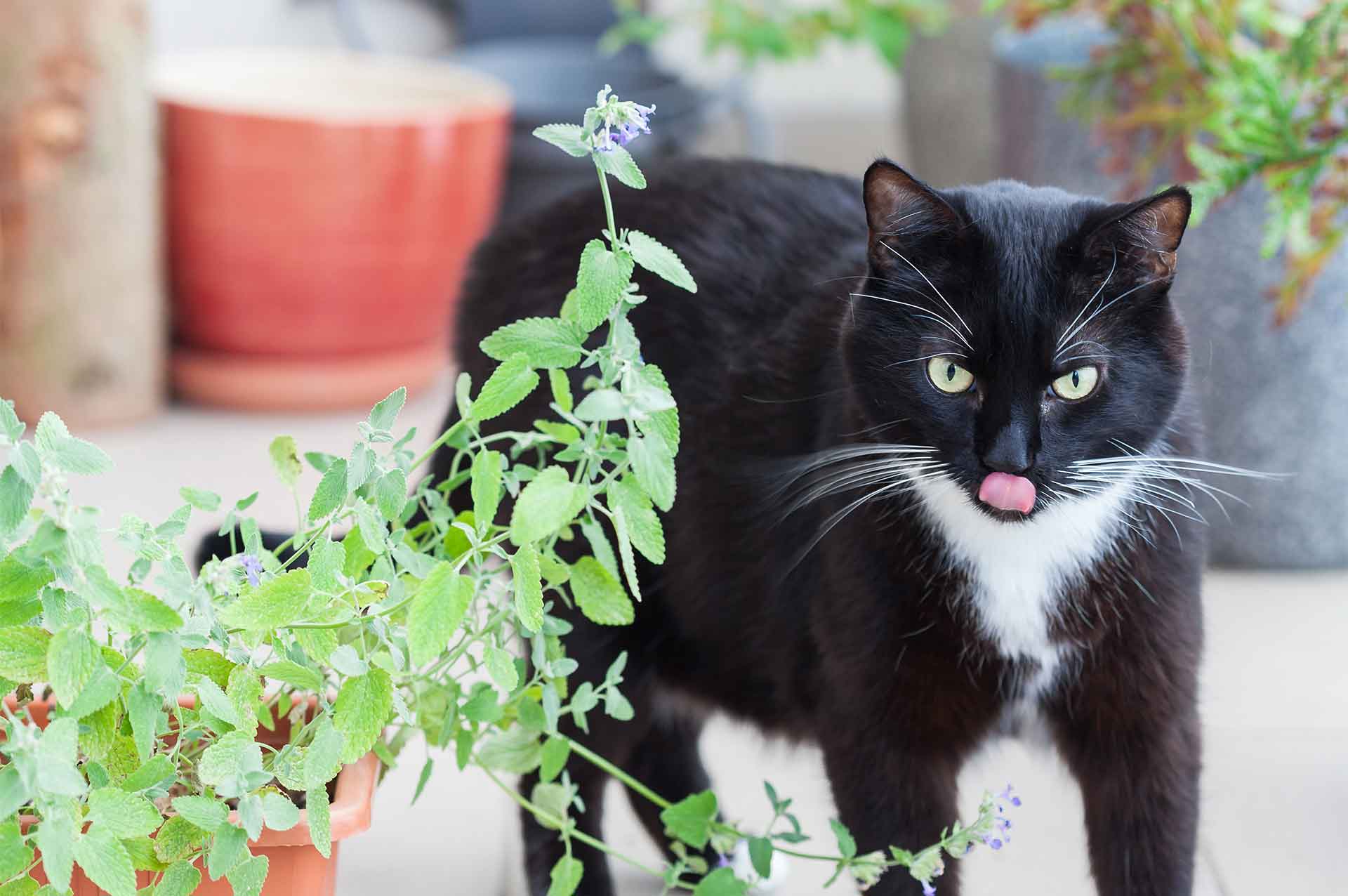Seasonal Allergies Affect Your Pets Too!
Does your pet sneeze more when the sun is shining, and find relief during the winter months? If so, your cat or dog could have seasonal allergies. A common condition for companion animals; caused when their immune system reacts to environmental allergens such as pollen, dust mites, fleas, and grasses. Of course, as the temperature drops and the air gets damp, mould spores begin to flourish and these can also cause allergic reactions.
Pollen is one of the most common banes of Spring. Trees, grasses, and flowers release it into the air, so it can easily be inhaled or come into contact with skin. When this happens, different symptoms can arise, from sneezing to skin rashes, all of which can affect your pet’s quality of life.
Some breeds of dogs and cats are predisposed to develop seasonal allergies, including but not limited to, Bulldogs, Retrievers (Golden, Labrador), Dalmatians, Cocker Spaniels and Siamese cats. However, any pet can develop allergies, at any age.
To ensure your pets’ well-being, visit your veterinarian for preventive measures and treatments.

What are the symptoms of seasonal allergies?
- The most commons signs of seasonal allergies in pets is itchiness and skin irritation
- Coughing or hacking (allergens can cause inflammation in the respiratory tract leading to difficulty breathing.
- Scooting
- Chewing paws or fur, resulting in red/discoloured paws and/or fur loss
- Vomiting & diarrhea & loss of appetite (allergens can inflame the gastrointestinal tract)
- Sneezing & watery eyes & runny nose
- Chronic ear infections (redness, discharge, and/or excessive scratching)
- Excessive shedding
Seasonal allergies treatment for your pet.
If you suspect that your pet is suffering from allergies, book an appointment with your veterinarian for a diagnosis. Early detection and the right treatment plan can ensure that the symptoms aren’t exacerbated or further issues don’t develop. With the help of your veterinarian, treatment can return your beloved pets back to their playful selves while the weather is still nice out.
Your veterinarian will examine your pet and often require skin scrapes and blood tests to be done to determine the specific problem allergen. Avoiding certain foods can help manage seasonal allergies, and an eight to twelve-week exclusion diet might be recommended. These special diets can pinpoint the specific triggering ingredient/s and in the process soothe possible inflamed gastrointestinal tracts.
At our clinic, we have a range of options available to help your pet feel better. Shampoos and sprays can help remove pollen, dust mites, fleas, etc. from your pet’s coat and skin, providing relief. For more difficult cases, oral medications or over the counter medications such as antihistamines or steroids may be necessary.
To further protect and prevent your pet from allergens you can steer them away from long grassy fields, particularly on dry and windy days, and gardens and parks in full bloom. While it’s likely not possible to avoid these areas entirely, you can take precautions to minimize exposure and regularly bathe your furry friend after they have been outside. You can also keep your home spotless and dust free. By implementing these steps, you can manage your pet’s seasonal allergies.


